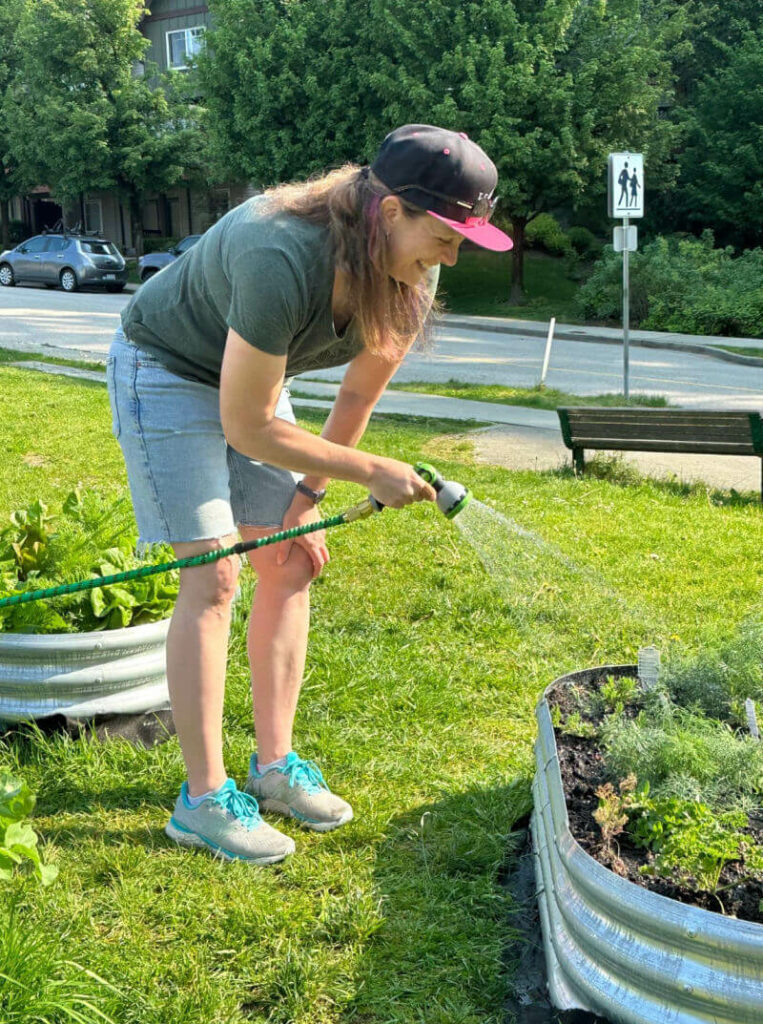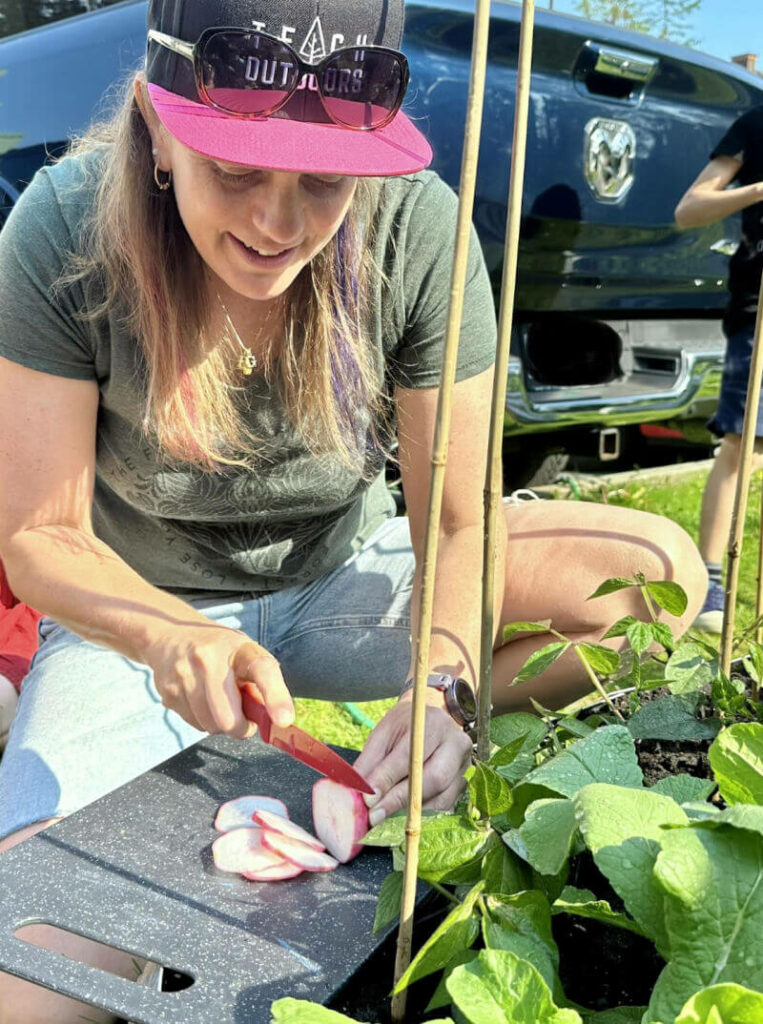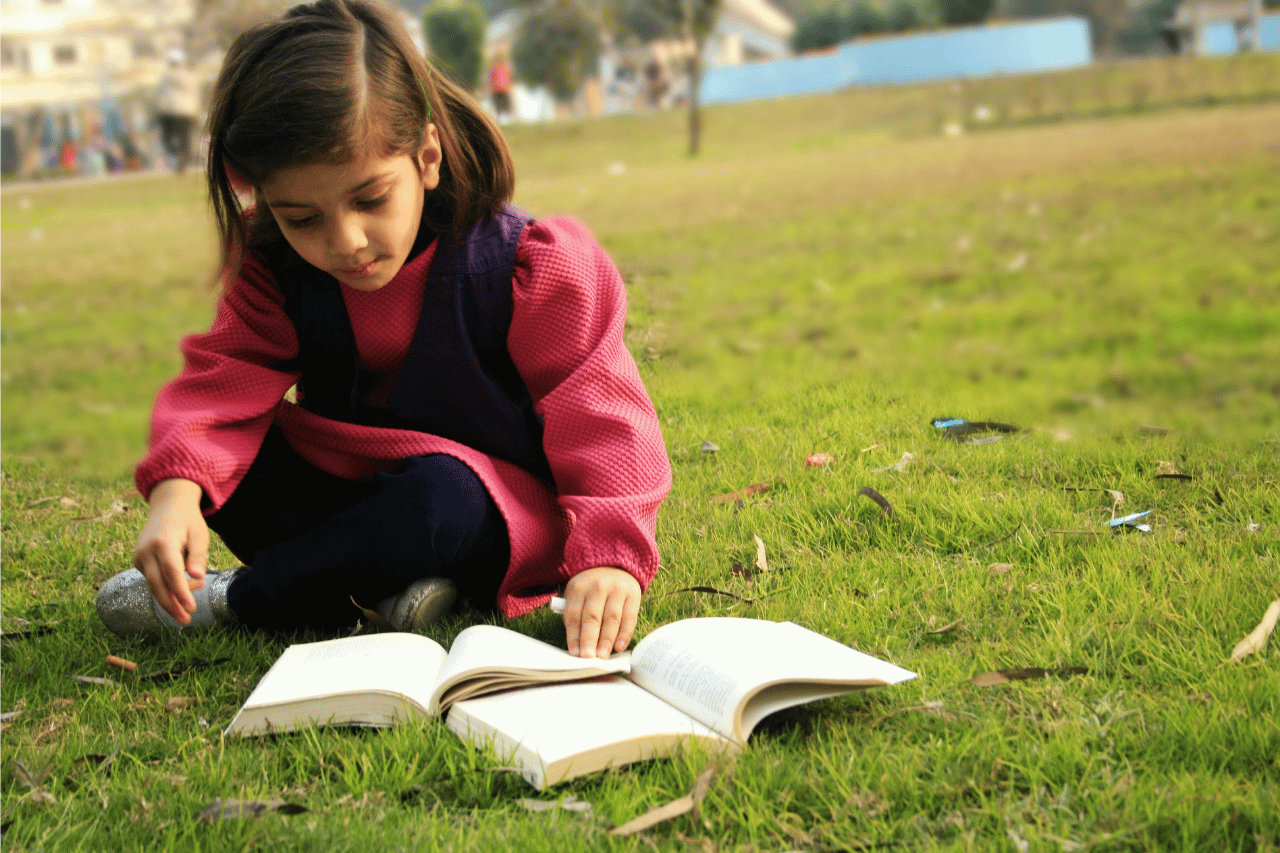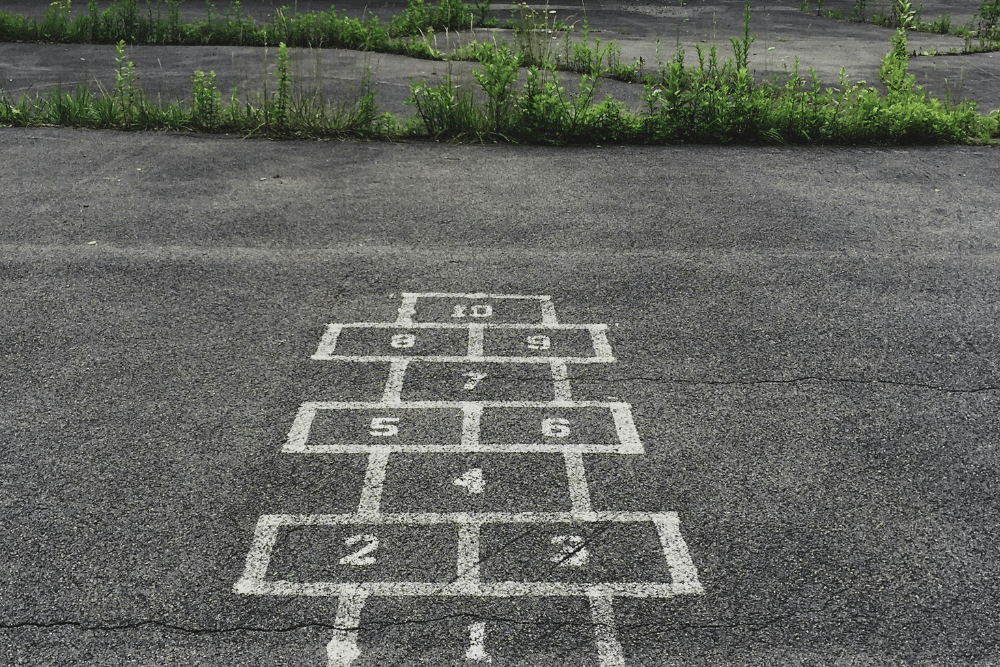Do you ever hear people say they are bad at something, but you know them to be good at it? Well, I say this with all the humility and honesty I can muster… I’m not a gardener. House plants and I have a strained relationship at best. In fact, I’d say it’s very much a one-way relationship – I love them, but they seem to reject the love and care I give them. On the bright side, I can only get better at caring for house plants.
My school was the lucky recipient of some school district grants and donations from our parent advisory committee. A group of teachers had asked for some garden beds to be installed on a small, grassy space near the school. I was amazed with how quickly these beds were installed by our hard-working district gardeners! However, this also meant that my panic set in quicker than I was expecting to. Gardening! What if I’m “awful” at it?!

Outdoor learning is something that I have been exploring for most of my teaching career. And when I think about it, I really did grow up “in the wild” – exploring the ditches to catch tadpoles and garter snakes. As an adult, I apprenticed at a local nature school where I was paired up with a ‘nature mentor’ and, luckily, I am still in close relationship with her. I am comfortable with getting my hands dirty, exploring nature’s rhythms, and letting the learners’ passions guide our inquiries. I don’t always have all the answers to their questions – nor do I think that is the role of an educator. But I listen, I guide their explorations when needed, and I facilitate a variety of learning opportunities.

So, how am I going to navigate this new learning environment? We call it our Garden Classroom so that the learners, and the community, sees it as a valid learning space. This was one of many invaluable tips I received from Megan Zeni (meganzeni.com). We have similar routines and expectations at our garden classroom as we do inside our classroom walls. We listen respectfully at circle time, we encourage discussion, we value curiosity and inclusion, we treat everyone with kindness, and we do no harm. These consistent and predictable expectations help the learners feel calm and at ease in our new learning space – it’s familiar and comforting.
We have 6 garden beds, 2 hoses, a set of garden tools, 3 watering cans, and an endless supply of eagerness and enthusiasm from learners, families, and educators. Am I going to make mistakes in our new garden classroom? Absolutely! But I’m looking forward to the journey of learning something new and having the learners learn alongside beside me. Excuse the pun – but we will be growing together!
If you’re interested in listening to Megan Zeni talk about her gardening experiences, take a listen to this podcast episode: https://www.buzzsprout.com/1702648/9232124


